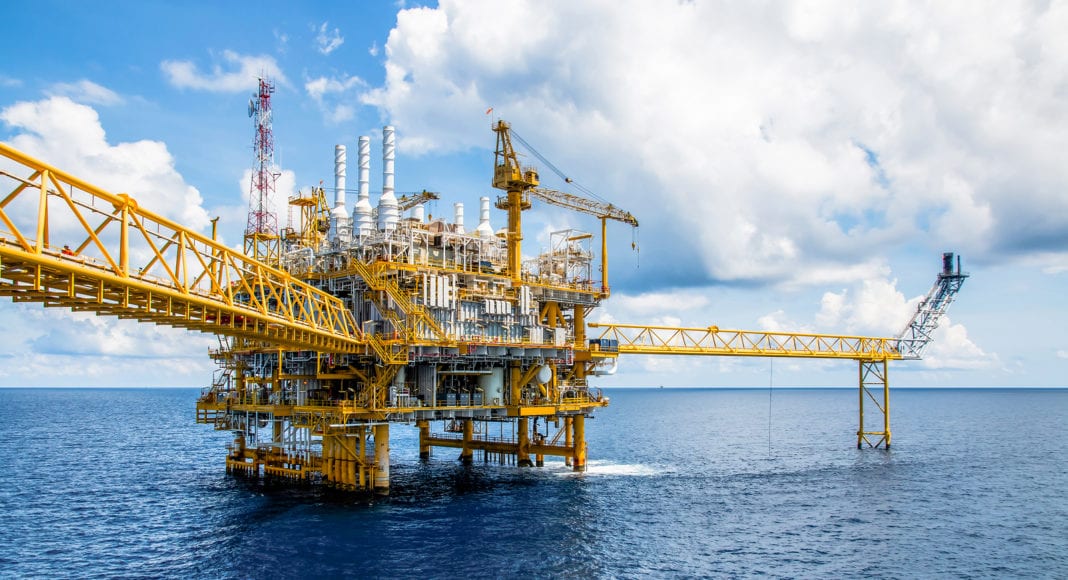(Reuters) – Mexico has completed its annual oil hedging program for 2020 at $49 a barrel, the finance ministry said on Friday at a time when the finances of both the sovereign and state oil company Pemex are particularly vulnerable.
The oil hedging program, the world’s largest financial oil deal, is designed to protect Latin America’s second-largest economy against oil price crashes.
Mexico’s creditworthiness came under increasing scrutiny in 2019 as two rating agencies flipped their sovereign outlook to negative, while another downgraded its rating. One ratings agency already has Pemex bonds at “junk” status.
It was unclear how many barrels were hedged or how much was spent.
While the finance ministry has previously withheld information about how many barrels are covered, this is the first time since at least 2001 that it did not disclose the program’s overall cost.
The hedge price is notably lower than 2019, which was hedged at $55 per barrel, but in line with the oil price set out in the 2020 budget.
Mexico typically hedges using options, which gives it the right to sell oil at a predetermined price, even if the price on the market is lower. It also reserves a portion of the budget stabilization fund to backstop its oil sales.
This year, the finance ministry faced a number of unusual challenges in kicking off the program, including price volatility and the overhaul of the crude oil formulas that underpin export sales and the hedge.
Reuters reported in October that Mexico had completed most of it, working with oil major Royal Dutch Shell and top investment banks JPMorgan Chase & Co, Citigroup Inc, Goldman Sachs Group Inc and BNP Paribas SA.
Mexico remains the only country that has completed an oil hedging program of that scale. The economy is heavily reliant on oil sales even though their contribution to the federal budget has declined in recent years.
Other countries have experienced political backlash. Ecuador’s government was criticized in 1993 after a poorly designed program resulted in huge losses; several countries in the Middle East explored the feasibility but later backtracked.
Source: Reuters
Reporting by Stefanie Eschenbacher in Mexico City and Devika Krishna Kumar in New York; editing by Richard Chang and Grant McCool



